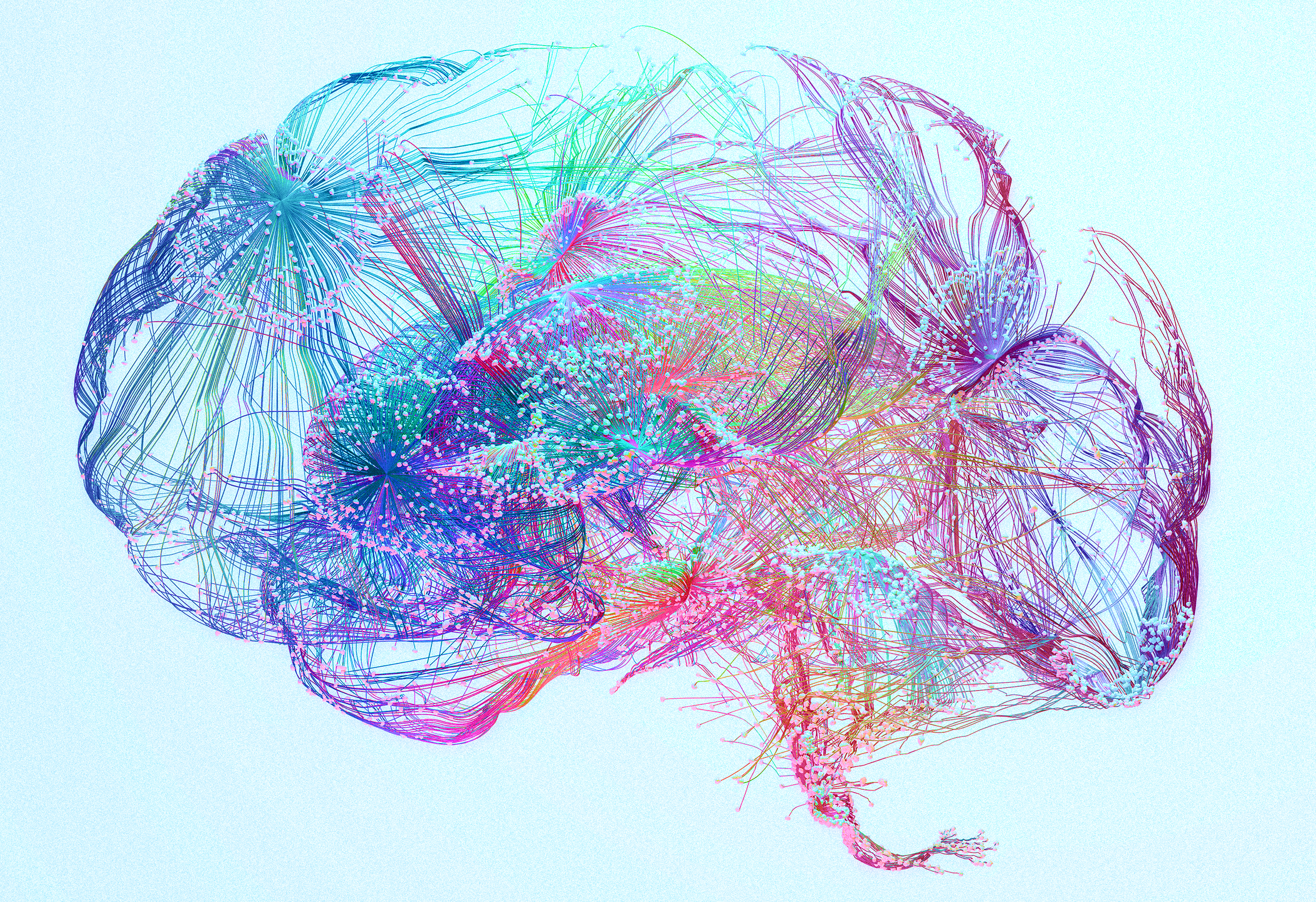Looking to replace your digital marketing agency with A.I.? Think again.

With the soaring potential of generative AI and the subsequent tools built on this technology, it makes sense that change is coming for the digital marketing world. And, while most of that change has had a positive impact on digital agencies and their customers, there are a few misleading claims floating around that could disrupt that upward trend.
A growing concern right now is the prevalence of disintermediation, or the process of cutting out intermediaries, e.g, cutting out the digital agency and going straight to the ad provider or AI-run ads. However, it’s not quite as simple as firing your digital agency and implementing AI-driven marketing campaigns. We explain why.
AI can be hugely beneficial to companies, and hopefully your digital agency is leveraging AI tools to enhance your marketing campaigns and drive better conversion rates! (We know we are.) Yet, while AI tools are great at some tasks, like automation, building predictions based on datasets, highlighting trends, reviewing content, and more, they lack substance in other areas that are required for impactful and high-return ad campaigns.
AI requires human intervention. If you have tasked a team with developing and deploying a marketing campaign using AI tools yet they know nothing about running a campaign, they are not going to be able to give the correct inputs, nor recognize problems when they arise. AI runs on inputs, meaning it can’t create something from nothing. You need a team that understands the ecosystem, objectives, goals, and the nuances of marketing to be able to give the inputs that will deliver the results you expect. A knowledgeable team is also vital during that process to help facilitate tasks that AI simply can’t replicate without input.
“Search engines do not do automatic, A.I.-based campaign clean-up of irrelevant words and phrases being used to trigger ads,” noted MDG’s Paid Search team. “Agency personnel responsible for digital campaigns regularly do such cleanup to ensure budgeted dollars are being efficiently spent. This is just one of the things that currently goes away with completely A.I.-run campaigns.”
The other potential snag of AI-run campaigns has to do with privacy and data protection. These are two very important topics to get correct right now, especially for advertisers. As we know from numerous news outlets, generative AI tools are not always equipped to weed out misinformation. Additionally, without proper guidelines in place, there is the chance that AI tools might misrepresent or misuse personal or protected information. It’s vital to consult and follow the numerous data and privacy laws that apply when advertising.
“If there’s one thing the last 20 years of search engine history has shown us is that if you let search engines run your campaigns, they will not convert as well, and cost a lot more. Ad campaigns should be managed with your company’s interests in mind, not the interests of the chosen digital platform or search engine,” confirmed Abramson.
Combining the expertise of a digital marketing agency with the cutting-edge capabilities of AI tools creates a dynamic marketing approach. An agency brings invaluable insights, experience, creativity, and strategic thinking to the table. Their experience in understanding consumer behavior, crafting compelling brand stories, and tailoring campaigns to specific target audiences remains irreplaceable. On the other hand, AI tools amplify the agency’s efforts by providing real-time analytics, automation, and streamlining. AI algorithms can analyze vast amounts of customer data, optimize ad placements, and identify emerging trends. Overall, it’s best to use both, rather than just an AI-run ad tool, to improve the effectiveness of advertising campaigns and drive higher ROI.
